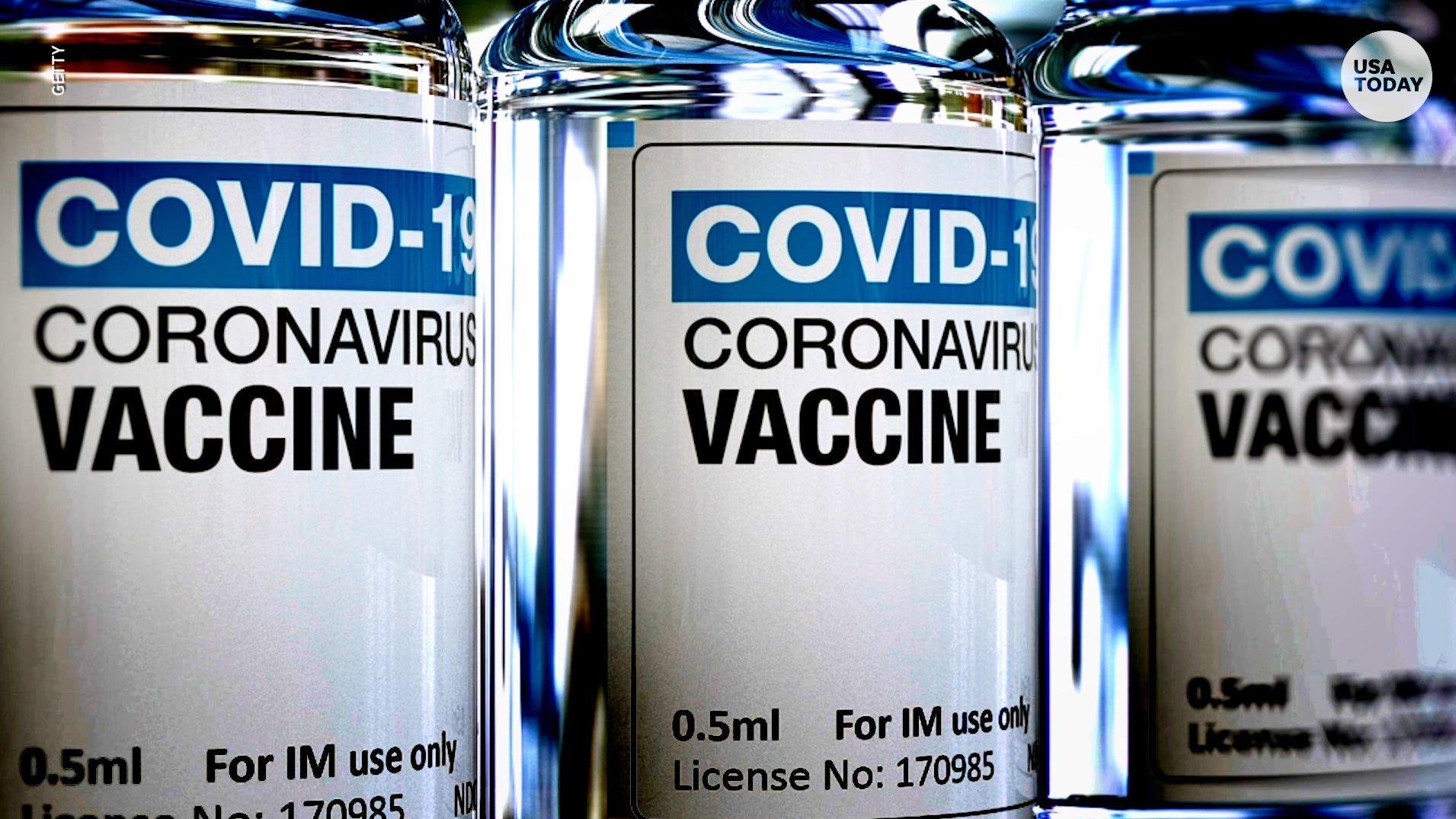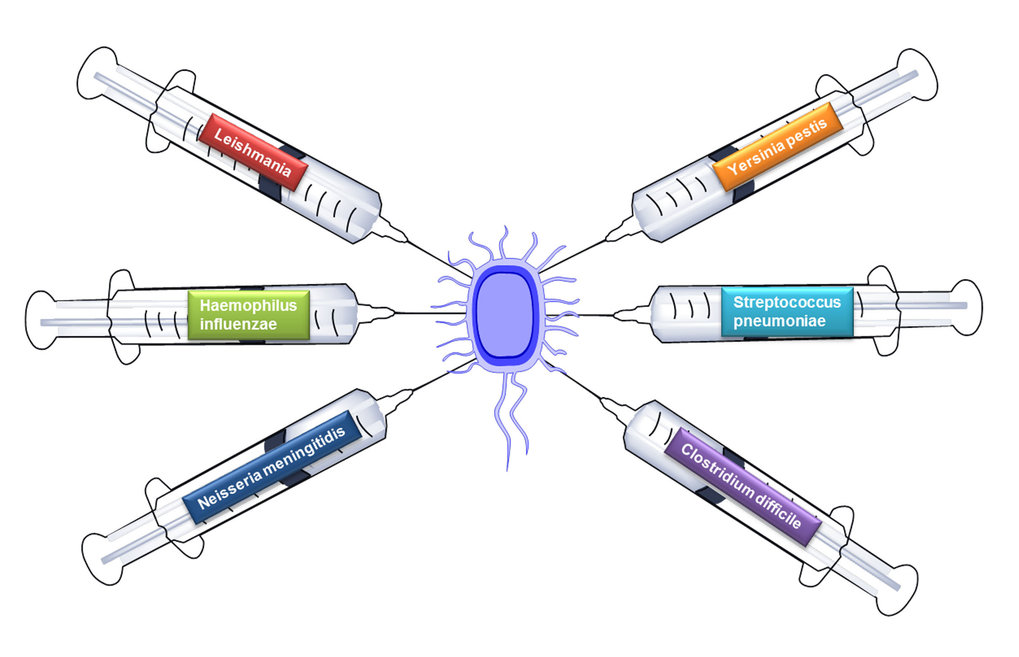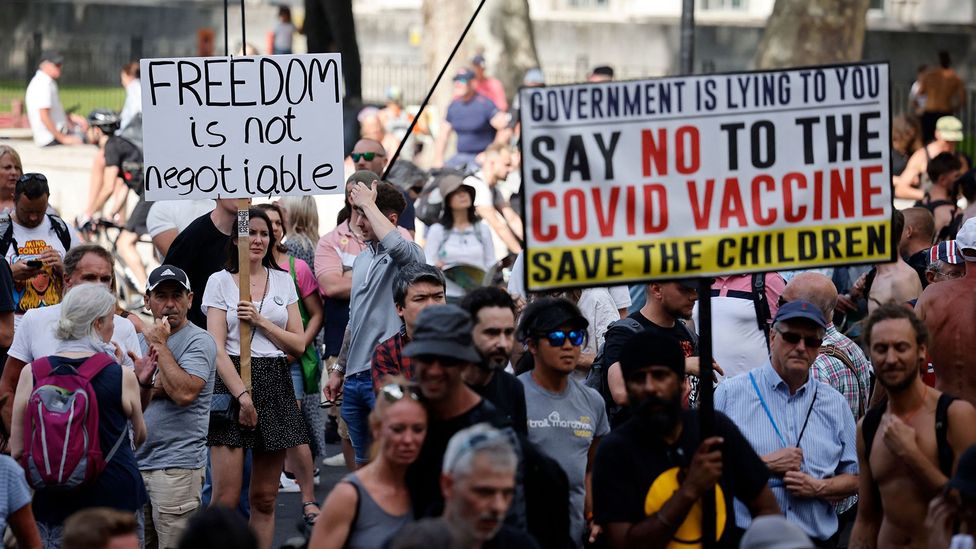Hey there, apocalypse survivor! You know what they say—when the undead rise, it's not just about surviving the hordes; it's about staying human. But let’s face it, the world is falling apart, and the only thing standing between us and total chaos is this little game-changer called "the vaccine." Yeah, you heard me right. Only my vaccine can save the zombie world. But what exactly does that mean? Let’s dive in.
Imagine a world where the streets are filled with groaning creatures, their eyes glowing with hunger, and all they want is your brains. Sounds like a nightmare, right? Well, it doesn’t have to be. The key to stopping this madness lies in science, and more specifically, in a vaccine that could turn the tide. This isn’t just some sci-fi fantasy anymore; it’s a reality we might soon face.
Now, before you start thinking I’m some kind of doomsday prophet or mad scientist, let me clarify: I’m just someone who believes in preparation, knowledge, and most importantly, solutions. And if there’s one solution that could save us all from becoming dinner for the walking dead, it’s the vaccine. So buckle up because we’re about to explore why this is the ultimate weapon in our arsenal.
Here’s a quick guide to what we’ll cover:
- The Zombie Apocalypse: A Real Threat?
- Where Did the Zombie Virus Come From?
- How a Vaccine Can Save Us
- The Benefits of Vaccination
- Debunking Common Myths About Vaccines
- Surviving in a Zombie-Infested World
- Scientific Studies on Zombie Viruses
- Historical Context of Pandemics
- Ethical Considerations in Vaccine Development
- What You Can Do to Help
The Zombie Apocalypse: A Real Threat?
So, is the zombie apocalypse really something we should worry about? Believe it or not, scientists have already started thinking about it. While it may sound like the plot of a horror movie, the concept of a virus turning humans into mindless, flesh-eating creatures isn’t entirely impossible. In fact, there are real-world examples of parasitic infections that can alter behavior in animals and even humans.
For instance, consider the rabies virus, which affects the brain and causes aggression and paranoia. Or take cordyceps fungi, which infect insects and control their movements. If these tiny organisms can hijack entire nervous systems, imagine what a more advanced pathogen could do. And that’s exactly why we need to take this threat seriously.
Real-Life Scenarios
There are several scenarios where a zombie-like outbreak could occur:
- A mutated virus spreads uncontrollably, targeting the brain and nervous system.
- A bioweapon is accidentally or intentionally released, leading to mass infection.
- An experimental drug or treatment goes horribly wrong, causing unforeseen side effects.
While these scenarios may seem far-fetched, history has shown us that pandemics can happen—and they can happen fast. That’s why we need to be prepared, and that’s where the vaccine comes in.
Where Did the Zombie Virus Come From?
Okay, so let’s talk about the elephant in the room: where the heck did this zombie virus come from? Believe it or not, there are theories out there, and some of them are actually pretty convincing. One possibility is that the virus originated from a natural source, such as an animal reservoir. Think about it—most pandemics start with a jump from animals to humans, like Ebola or SARS.
Another theory is that the virus was created in a lab, either intentionally or accidentally. Maybe someone was trying to develop a cure for Alzheimer’s or another neurological disorder, and things spiraled out of control. Or maybe it was part of a top-secret government project gone wrong. Either way, the result would be the same: a world overrun by the undead.
Key Players in the Outbreak
Who are the key players in this hypothetical outbreak? Let’s break it down:
- Scientists: The researchers working on understanding and combating the virus.
- Government: The officials responsible for managing the crisis and distributing resources.
- Survivors: The everyday people trying to stay alive in a world gone mad.
Each group plays a crucial role in determining the outcome of the outbreak. Will we come together to find a solution, or will we fall victim to our own fears and divisions?
How a Vaccine Can Save Us
Alright, here’s the big question: how exactly does a vaccine work, and why is it so important in the fight against the zombie apocalypse? Simply put, a vaccine trains your immune system to recognize and fight off a specific pathogen without actually causing the disease. It’s like giving your body a practice run before the real battle begins.
In the case of a zombie virus, a vaccine could potentially prevent infection altogether or at least slow down the progression of the disease. This would give us time to develop better treatments and strategies for containment. Without a vaccine, we’d be left scrambling to find a cure while the undead population grows exponentially.
Steps in Vaccine Development
Here’s a quick overview of how vaccines are developed:
- Research: Scientists study the virus to understand its structure and behavior.
- Preclinical Testing: The vaccine is tested on animals to ensure safety and efficacy.
- Clinical Trials: The vaccine is tested on humans in three phases to gather more data.
- Approval: Regulatory agencies review the data and decide whether to approve the vaccine for public use.
It’s a long and complicated process, but it’s necessary to ensure that the vaccine is safe and effective. And trust me, when the zombies are knocking on your door, you want to know that the vaccine you’re getting is legit.
The Benefits of Vaccination
Now, let’s talk about the benefits of vaccination. Sure, it might seem like a hassle to get a shot, but the rewards far outweigh the risks. For one thing, vaccines save lives. They’ve been responsible for eradicating diseases like smallpox and reducing the incidence of others like polio and measles.
In the context of a zombie apocalypse, a vaccine could mean the difference between life and death—literally. By protecting yourself and others from infection, you’re helping to stop the spread of the virus and giving humanity a fighting chance. Plus, who wouldn’t want to feel a little more secure knowing they’re protected from the undead?
Community Immunity
One of the coolest things about vaccines is the concept of herd immunity. When enough people in a population are vaccinated, it creates a protective barrier that makes it harder for the virus to spread. This is especially important for those who can’t get vaccinated, like young children or people with compromised immune systems.
Think of it like a shield around your community. The more people who are vaccinated, the stronger the shield becomes. And in a world overrun by zombies, having a strong shield is pretty much essential.
Debunking Common Myths About Vaccines
Of course, no discussion about vaccines would be complete without addressing the myths and misconceptions that surround them. Unfortunately, misinformation can be just as dangerous as the virus itself. So, let’s clear up a few things:
- Myth #1: Vaccines cause autism. Fact: There is no scientific evidence to support this claim. Multiple studies have shown that vaccines are safe and do not cause autism.
- Myth #2: Vaccines contain harmful ingredients. Fact: While vaccines do contain additives, these are present in tiny amounts and have been thoroughly tested for safety.
- Myth #3: You don’t need a vaccine if you’re healthy. Fact: Even healthy people can spread the virus to others, so getting vaccinated protects not just yourself but also those around you.
By debunking these myths, we can help ensure that everyone has access to accurate information and can make informed decisions about their health.
Surviving in a Zombie-Infested World
Okay, let’s say the worst happens and the zombie apocalypse is upon us. What do you do? First and foremost, stay calm. Panic will only make things worse. Next, gather your supplies and find a safe place to hide. And don’t forget to get vaccinated if you haven’t already!
Here are a few tips for surviving in a zombie-infested world:
- Stay informed about the latest developments and follow official guidelines.
- Stock up on food, water, and medical supplies.
- Learn basic self-defense techniques and keep a weapon handy.
- Form a support group with other survivors for mutual protection.
Remember, the key to survival is preparation. The more you know, the better your chances of making it through the chaos.
Scientific Studies on Zombie Viruses
For those of you who want to dive deeper into the science behind zombie viruses, there are actually several studies and articles worth checking out. One notable paper published in the Journal of Theoretical Biology explores the dynamics of a hypothetical zombie outbreak and proposes strategies for containment. Another study conducted by researchers at the University of Ottawa examines the mathematical modeling of zombie infections.
These studies may sound like fun reading material, but they’re actually quite serious. By understanding the science behind these scenarios, we can better prepare for potential outbreaks and develop effective countermeasures.
Key Findings
Some key findings from these studies include:
- Zombie outbreaks tend to spread rapidly due to the high transmission rate.
- Quarantine and isolation are effective methods for controlling the spread of the virus.
- Vaccination plays a crucial role in reducing the overall impact of the outbreak.
So, if you’re looking to geek out on some zombie science, these are great places to start.
Historical Context of Pandemics
Let’s take a moment to look back at history and see what we can learn from past pandemics. From the Black Death to the Spanish Flu, humanity has faced countless outbreaks over the centuries. And while each one was unique in its own way, there are some common themes that emerge.
For example, many pandemics were fueled by a combination of factors, including poor sanitation, lack of medical knowledge, and social inequality. By addressing these issues, we can reduce the likelihood of future outbreaks and improve our chances of surviving them when they do occur.
Lessons Learned
Here are a few lessons we can take away from history:
- Invest in public health infrastructure to ensure rapid response to outbreaks.
- Promote education and awareness to combat misinformation and stigma.
- Foster international cooperation to tackle global health challenges.
By learning from the past, we can create a brighter future—one where the zombie apocalypse is nothing more than a distant nightmare.
Ethical Considerations in Vaccine Development
Finally, let’s talk about the ethical considerations involved in vaccine development. While vaccines are undoubtedly a lifesaving tool, there are some important questions we need to ask ourselves. For example, how do we ensure equitable access to vaccines for all people, regardless of their socioeconomic status? And what about the potential risks and side effects—how do we weigh those against the benefits?
These are complex issues that require thoughtful discussion and collaboration among scientists, policymakers, and the public. By addressing these concerns head-on, we can build trust and confidence in the vaccine development process.
Equity and Access
One of the biggest challenges in vaccine distribution is ensuring that everyone has access to it, especially marginalized communities. This requires a concerted effort from governments, organizations, and individuals to prioritize equity and fairness in all aspects of the process.
Remember, we’re all in this together. The more we work to include everyone in the solution, the stronger our chances of


